|
Welcoming Travis, Zoe and their family at Allington Family Farm CSA to our CSA Australia & New Zealand community.
Located in the Harvey Hills, Allington Family Farm produces ethical and sustainable lamb their farm consists of several leased properties spread over around 500 acres. They have just under 1500 Merino sheep, and a family of free-range Berkshire pigs. Their farming model has change towards more direct to consumer which includes individual customers and supply local restaurants. They now supply to their CSA customers and restaurants from Perth, down to Yallingup, Margaret River and Dunsborough. Travis and Zoe have integrated strong ethics of animal management into their practice and they are passionate about their transparency : Tou can read more about on their website :https://www.allingtonfamilyfarm.com/the-farm or contact them directly if you are interested in either volunteering, visiting us on the farm at some point or participating on one of their Open Farm Days, Volunteer Days and other exciting opportunities! THE ALLINGTON FAMILY FARM V A L U E S 1. To ensure that all livestock are treated with respect and care with their welfare at the forefront of all we do. 2. Our lamb is ethically hand-selected from Merino sheep, which are bred to ensure high eating quality standards, ultimately ensuring a consistent, sustainable and traceable premium product. 3. Our farming enterprise places high importance on family, and we work side by side every day, along with positively contributing to the local community and shining a positive light on farming and agriculture. You can connect and find out more about Allington Family Farm : www.facebook.com/allingtonfamilyfarm www.instagram.com/allingtonfamilyfarm or by email [email protected]
1 Comment
Our CSA provides members with a share in the season’s harvest and a connection to our farm, yielding:
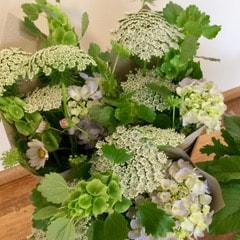 How long have you had a CSA? When we first started working on organic farms in the 1990s it was pretty 'out there'. Now organic food is mainstream and the time is right for people to switch on to the importance of organics and agro-ecology for the wellbeing of the whole planet, as well as themselves. Our CSA only launched in 2018, but it’s been almost 30 years in the making. If you had advice for a farmer thinking about offering a CSA, what would it be? Connection, transparency and accountability are at the heart of CSA. So different from the supermarket economy (and much of the cut flower industry) that’s created at the expense of farmers, consumers and the environment. Imagine the change you could create with a CSA in your industry – it’s worth it! We started with just 7 members; don’t be afraid to start small. What's your favourite aspect of the CSA community? I was ready, if a bit shy, to open the gates to the why and how of what we do here. What I wasn’t expecting was the way the sense of our CSA members would follow me into the fie ld. Theysend pictures of our flowers in their homes, or tell me things like, ‘I love cornflowers’, or ‘oh I haven’t seen Queen Anne’s Lace for years!’. Then l find myself in the field thinking ‘oooh, Tully will love that deep blue! Or, ‘these sunflowers will look great in Lois’ bright living room’. Farming can be a solitary pursuit and it’s such a joy to have a sense of our wonderful CSA members here in the field with us. Alby and Kath - Echo Valley Farm CSA members
 By Peter Carlyon - Transition Farm In the long days of summer…we harvest. As farmers we spend more then 50% of our time harvesting and in late summer when the field tomatoes are on, the capsicum are maturing, the corn is ready, onions have bulbed and are ready for drying, beans are happening…we spend a lot of time harvesting. We also need to keep on top of the weeds which love the heat too, seed and transplant Autumn crops and keep everything hydrated. We brew herbal teas for the crops and battle insects - all with the hope of harvesting!! Our CSA moves forward with an eight week Late Summer share. You can learn more and purchase the boxes via the Farm Store on our website . Our Late - Summer CSA will start Friday 1 February and run through Friday 22 March. It will be followed by an Autumn and Early Winter share. If you are curious what the shares this season have looked like, please look at these photos or these photos from shares last CSA season. Here is how the farm is looking… Honey is harvested, pressed and jarred.
Our honey is available to our CSA members at farm pick up and also to the general public at Yoga in the Park in Sorrento. This is Baxter’s 10th year hosting morning yoga classes near the wooden park overlooking the ferry terminal and the Sorrento pier. You can visit her website to learn more about the daily classes and Intelligent Health - a collaboration between three wonderful local legends/health care professionals here on the peninsula. As the earth exhales its dazzling array of colours, flavours, and textures, we continue to sow the Autumn crops and try and keep up with the weeds and the harvest! We will be hosting a series of farm tours to share our biodynamic regenerative practices. Please look for another email about them. Wishing you all a fruit-filled summer!! Robin and Peter Thanks to our CSA directory members at Seven Springs Farm : Lorrina TASMANIA Well the time has rolled around for the Summer CSA shares to become available for sign up but maybe you’re asking yourself, ‘What on earth does CSA mean?’, ‘How will it benefit me?’ or ‘I’ve never heard of that! Where did it come from?!’. Attached to this post is a note that will answer a few typical questions about CSA, here you will also find a brief history lesson about CSA, What it stands for, how it benefits you, the farmer and the environment. If you're keen to join the CSA movement and support us please join by clicking on there link below. http://harvie.mx/sevensprings18 So where did CSA come from and what does it mean? CSA began in the 1970s in Japan by organic farmers that followed the principles of Teikei and was later, during the 1990s taken on and adapted by the US. Teikei (提携) is a system of community-supported agriculture in Japan, where consumers purchase food directly from farmers. One of the founding teikei groups, the Japan Organic Agriculture Association (JOAA), founded in 1971, describes teikei as "an idea to create an alternative distribution system, not depending on the conventional market. Though the forms of teikei vary, it is basically a direct distribution system. To carry it out, the producer and the consumer have talks and contact to deepen their mutual understanding: both of them provide labor and capital to support their own delivery system. Teikei is not only a practical idea but also a dynamic philosophy to make people think of a better way of life either as a producer or as a consumer through their interaction. CSA stands for 'Community Supported Agriculture’ that is a model of food production and distribution that directly connects farmers and consumers. Australia has a growing CSA movement, Seven Springs Farm is one of the first single farms to use the CSA concept within Australia. Small-scale farmers are moving towards the CSA model of farming for the financial security, risk sharing and a deeper connection with customers. CSAs focus on high quality fresh produce and foods, mainly of organic or biodynamic farming methods and a shared risk membership structure. This enables the consumers to be more involved than usual thus resulting in a stronger connection between farm, farmer and consumer. CSA theory purports that the more a farm embraces whole-farm, whole-budget support, the more it can focus on quality and reduce the risk of food waste. Here at Seven Springs Farm Lorinna, our produce is grown utilising top quality seeds and grown in the most sustainable ways possible, without the use of any toxic chemicals nor plastic nor orthodox practices which damage the soil, water and air. Ok, what are some of the benefits to the customer? There are multiple benefits for the customer. Here is a list that directly benefit you:
Our farm is positioned in a pristine landscape and we support the natural processes of growing vegetables along with sustainable farming, protection of the soil, water and air by growing organically and the protection of agricultural diversity. I hope this brief history and use of CSA was helpful to you. In the coming days I will be posting a list with all the produce which will be available during the season. If you intend to support us and the CSA movement please join us by clicking on the link below. http://harvie.mx/sevensprings18 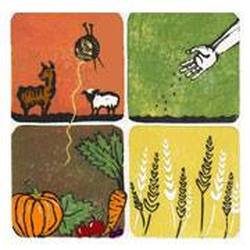 Seven Springs Farm 79 Botts Road Lorinna TAS 7306 www.sevenspringsfarm.com.au/ www.instagram.com/sevenspringsfarmtasmania/ www.facebook.com/sevenspringsfarmlorinna/ Contact : Wouter Sels 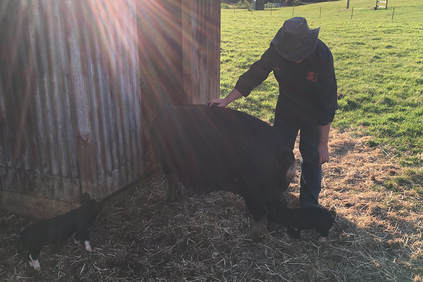 Fork It Farm Lebrina TAS 7254 www.forkitfarm.com.au FB / Insta : FORKitFARM [email protected] "We’re not just getting covered in mud while trying to care for our small patch of land (although we do love that), we’ve also got big ideas. We want to be part of the shift in the way that food is produced and consumed. We believe local, ethical and sustainable farming benefits animals, consumers, farmers, communities, and the earth" - Daniel, Kim and Samson, the farmers at Fork it Farm Each hog share comprises 3kg of forkin' tasty pork per month for six months. Select how many hog shares you require and which payment option suits you. As we believe that none of the animal should be wasted, each share typically includes a range of cuts from roasts and chops, to bacon and hocks. So why did we choose this model? It is the best way for us to get our food directly to you and gives us the stability to plan our future production. We want our members to be part of the farm and experience how their pork is grown, have a connection with their food and feel reassured that their food is grown ethically. By deepening eaters’ understanding of food production, especially animals raised for meat, we figure on having a bigger impact as you share that knowledge with others. Ray-Monde Deux farm
Sunbury, VIC, 3429 Website: www.ray-mondedeux.com Social : @raymondedeux John and Tristia Lakey Ray-Monde Deux farm regeneratively, producing ryeland lamb, mutton, salers beef, boer goat and Pinot Noir. Who would have thought that a simple and effective way to let eaters know that you had a good product to sell was by using facebook buy swap and sell sites. Typically these sites help communities redistribute unwanted chattels, couches and cars etc. We have trialled it in the past with our meat packs with mixed success and a fair bit of trolling in return. Once we committed to starting our CSA in May, 2018 we looked at a simple advertising campaign on social media to purchase “views” on instagram and facebook. We post photos regularly on these sites but had not targeted a message to “action” viewers to act on our posts. That changed with expenditure of ~$600 , we asked Social media to place our ads in front people who met some of the following criteria ;within 50km from our address, interested in farming, aged 20 to 60 and initially female. We hoped this group would be most interested in buying farm produce. We considerably increased our followers but were recruiting eaters too slowly. We switched our focus to local Buy Swap and Sell (BSS)sites. Our ad stated up front that :if you want cheap meat stop reading”, that we farmed ethically with land for revegetation & wildlife, as well as information about our livestock and farming methods with an invitation to visit and look at our farm. Interest exploded. I was fielding dozens of enquiries per hour and the pressure on our CSA sign up page was enough to slow our website. We wondered if we had been hacked. To date we have generated over 12600 visits to our sign up page! This has produced a sign up rate of about 0.5%. About ~20% of sign ups have not responded to confirmation messages and dropped out of the CSA. However we found enough people to sell out of lamb for 2018 and are well on our way to meet our budget for beef sales. Facebook BSS introduced our CSA to 1000s of people, many of the active sign ups opted to collect from us on the farm. In the past buyers not being able to collect from us had been a sticking point for sales. We have set aside a weekend per month for the CSA with collections on Saturday and deliveries on Sundays. Patience is required to nurse enquiries Guest Blog : Will Bennett and Emma Horsburgh
"We're a small, sustainable farm in Central Victoria. As beginner farmers, we raise free range pigs and chickens to supply local communities.” Pig and Earth Farm have just opened up new CSA member shares : head to their website to join and share in this great venture. Pig and Earth Farm Kingston VIC 3364 Website: www.pigandearth.com.au/ FB : www.facebook.com/pigandearthfarm/ Email: [email protected] Instagram: @pigandearthfarm We often get asked why we run a CSA, or even more commonly, what is a CSA? So at the start of our new season, we thought we'd go into it a bit more detail about why we chose a CSA model and .why a CSA model makes the most sense for the long term sustainability of local agriculture. The current state of our food system is geared toward industrial commodity production. Each farm producing the same thing on a large scale that is then funnelled through a small number of processing companies, before ending up on the supermarket shelf. The farmer makes very little money in this transaction, so it's now typical for farmers to receive only enough to cover the cost of production. Meanwhile the companies that break down and re-process the food are making a fortune. The economic squeeze on the farmer leads to land degradation and the abuse of animals. There's a number of reasons for this, but if we use an example of a farmer taking their animals to the market, we can see that once the animals are unloaded, they are basically at the whim of the buyers. And those buyers tend to be one of the 4 or 5 major food companies. I've watched as the same few companies buy every lot of lambs, each one bidding only once so they don't push up the price for the other. The farmer has no control and no reserve on the price they take. The market can fluctuate dramatically, causing uncertainty and stress. In this economic model, its all about more - more animals, means more money, and there is no other way for the farmer to increase the price they receive at the market other than to bring more animals. Aside from being uneconomical for the farmer, our current food system pushes the quality of our food down to what is easiest to store and transport, rather than what is nutritious and delicious. In a society that is obsessed with the spectacle and the image, a carrot that looks like a carrot is better than a carrot that tastes like a carrot. Food buying and consuming has become a chore, something that we have to do to get through the day. But food is more than that, food connects us to our place, it connects us to each other. A CSA is a community. It's a community of eaters and producers, it's people connected via the food that they share and consume together. As Tammi Jonai from Jonai farm says, "It's a from of solidarity, not just another transaction". When we raise an animal, we see it get born, we see it each day, we raise it, we transport it, we butcher it, we package it, we deliver it, and we eat it together; us, you, and every other member of the CSA. Although we may be in different houses, and in different towns, even though we might not know each other closely, and have different views on politics, we're sharing in this animal's life and death, we are connected through that meal, and that's what a CSA really does, it connects us. If you're interested in signing up to our new season, head on over to the farm store now. 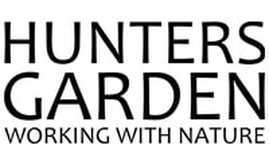 Gemma and Todd @ Hunters Garden [email protected] Eumundi, 4562, QLD www.huntersgarden.com.au www.facebook.com/huntersgarden & www.instagram.com/huntersgarden What do you offer in your CSA? We offer seasonal 'farmers choice' veggie boxes each week, to people who have paid upfront for the season (which runs for 13 weeks). Our CSA is 100% homegrown by us on our little farm and we go 'beyond organic'. By that, we mean that we don't use any chemicals, we use 'no-dig' or 'no-till' methods to preserve the delicate soil microbiology beneath our feet and we don't rely on environmentally unsustainable external inputs such as mined minerals and feedlot manures. We are also a plastic-free business, so we only use reusable or compostable plant-based options when necessary and avoid packaging altogether wherever we can. How long have you had a CSA? We started growing beautiful microgreens in June 2017, which we supply to the public, to produce stores and to cafes and restaurants from Brisbane to the Sunshine Coast, alongside our CSA. We started developing our CSA in October 2017 and taking expressions of interest and preorders to support us in turning a cow paddock into thriving edible gardens. We started filling those orders in April 2018 and are slowly expanding. We grow veggies, herbs, edible flowers, microgreens and some faster growing fruits. Our focus us on preserving traditional and heirloom varieties and growing everything we like to eat, which is a lot! If you had advice for a farmer thinking about offering a CSA, what would it be? Do it! We are big advocates for more and more small scale farmers feeding their local communities through community supported agriculture. We can only produce so much food to the ethical, environmental, personal and quality standards that we hold dear. We need more young farmers for the future to bring food production back to their local communities. We want to see more and more people having access to quality, fresh, nutrient dense, unpackaged and chemical free food. Our main piece of advice though would be to start small. You will come up against all sorts of challenges and starting small (even taking on one CSA customer at a time) will allow you to really work through your systems and processes before you scale up. What's your favourite aspect of the CSA community? Knowing the names of people we feed in our local communities and knowing our food is nourishing them and their loved ones every week. Because of the direct relationship we have with our eaters, we are able to provide complete transparency in our methods and journey. Together we are taking the power back. 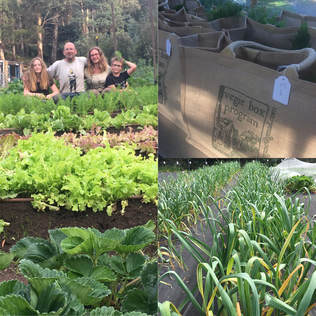 Longley, Tasmania, 7150 www.longleyorganicfarm.com.au/ www.facebook.com/LongleyOrganicFarm/ www.instagram.com/longleyorganic/ What do you offer in our CSA? We offer weekly certified organic seasonal vege bags, containing berries, fruit and a range of vegetables, salads and herbs. Farm pick up or delivery to Hobart/ Kingborough. Our CSA Season runs November-April. We have been market gardening and selling produce in our community for 10 years, through farm gate sales, community food Co-ops and organic stores. We began our first CSA Vege box program in February 2017. We are currently supplying 30-35 vege bags each week. My advice to other farmers is to invite local media to feature your CSA program so more people know what is on offer, and plant a lot of the household staples, especially carrots! Oh and check out our microfarming equipment website www.activevista.com.au/ We have made it our mission to source and supply to the small farm community a comprehensive range of tools, equipment and supplies to farm efficiently and regeneratively. My favourite aspect of the CSA community is the small children who eagerly await their vege delivery, explore the farm environment when their family are collecting their bag, and delight in our super fresh organic berries. |
AuthorCSA Network Archives
June 2020
Categories |

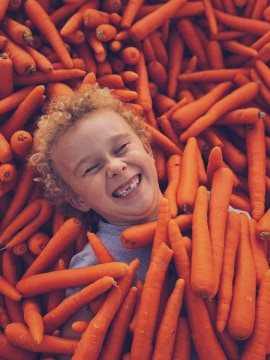
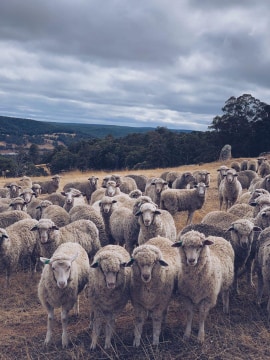

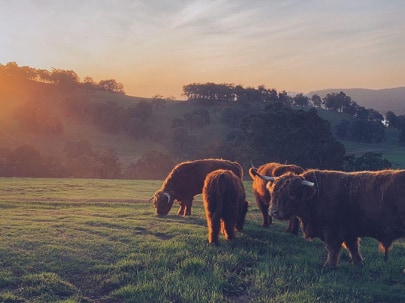
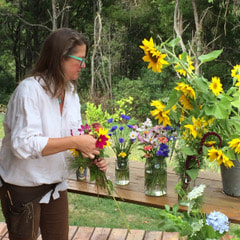
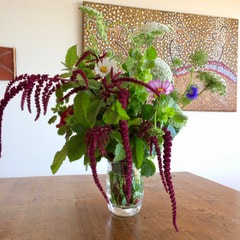
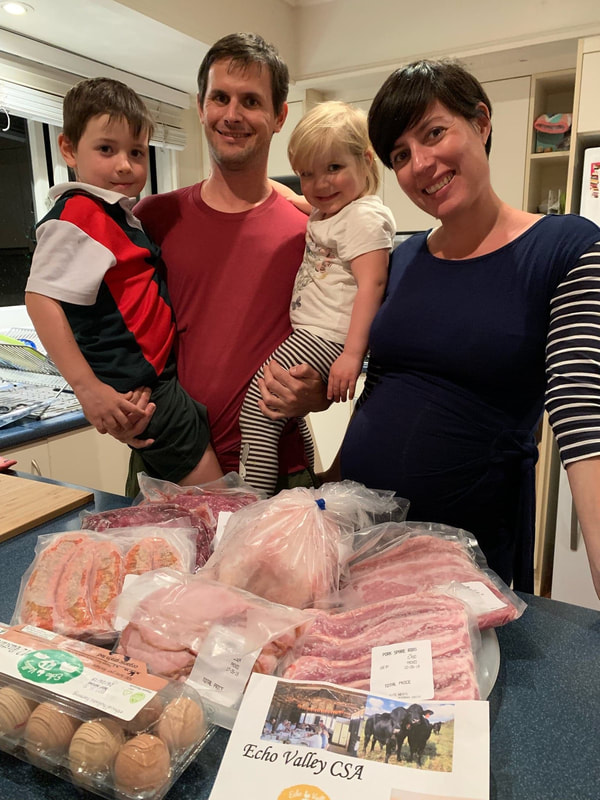
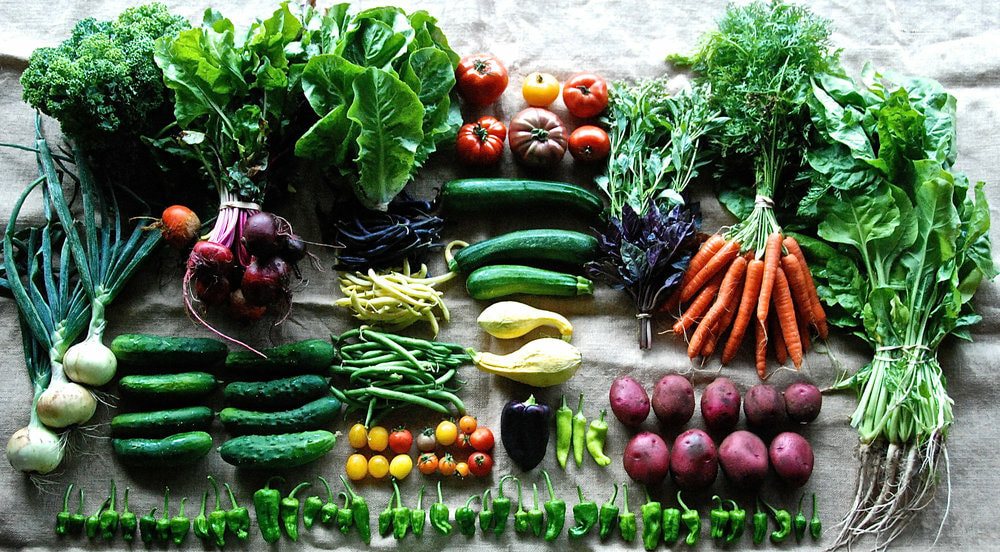
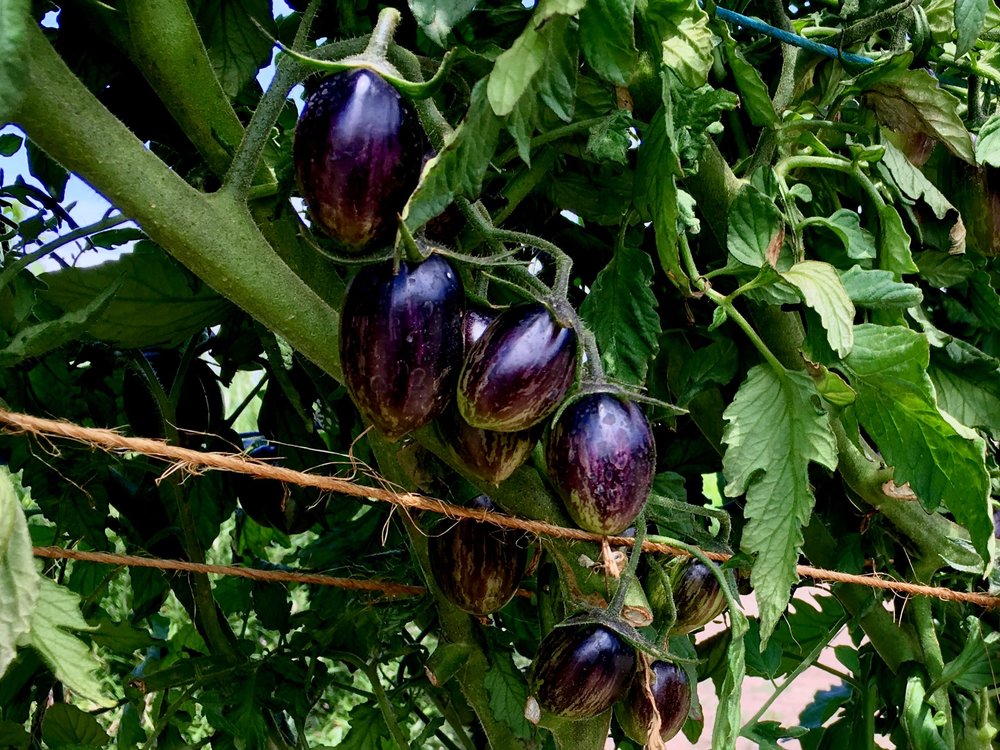
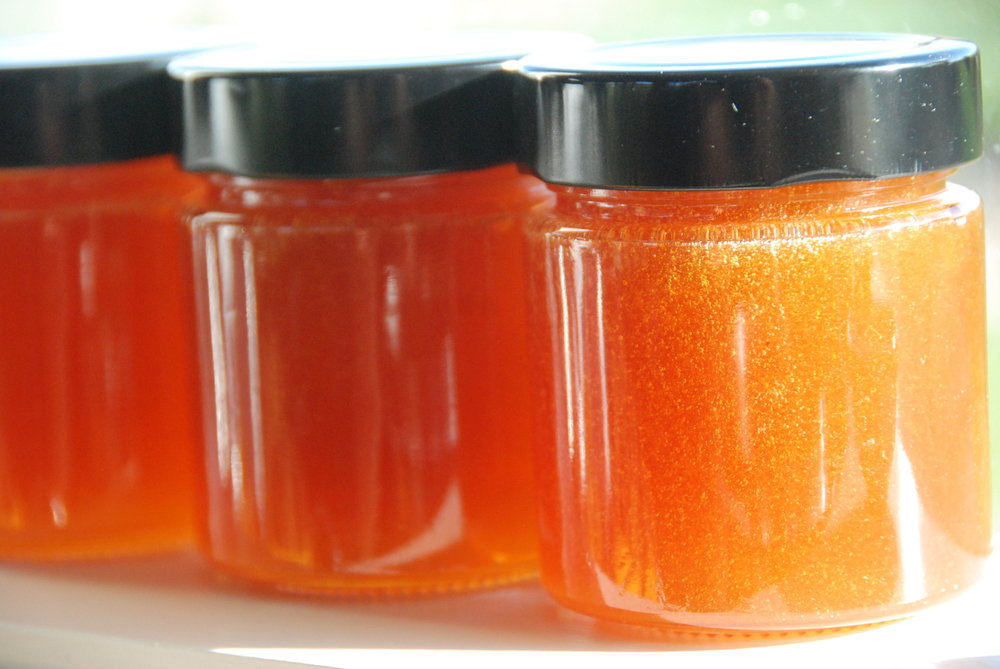
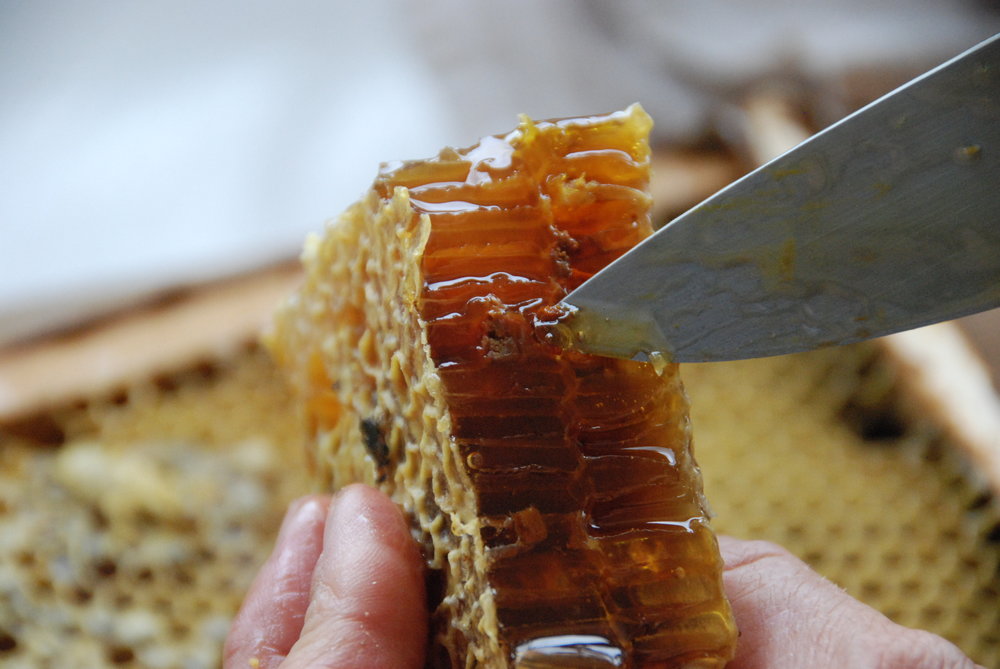
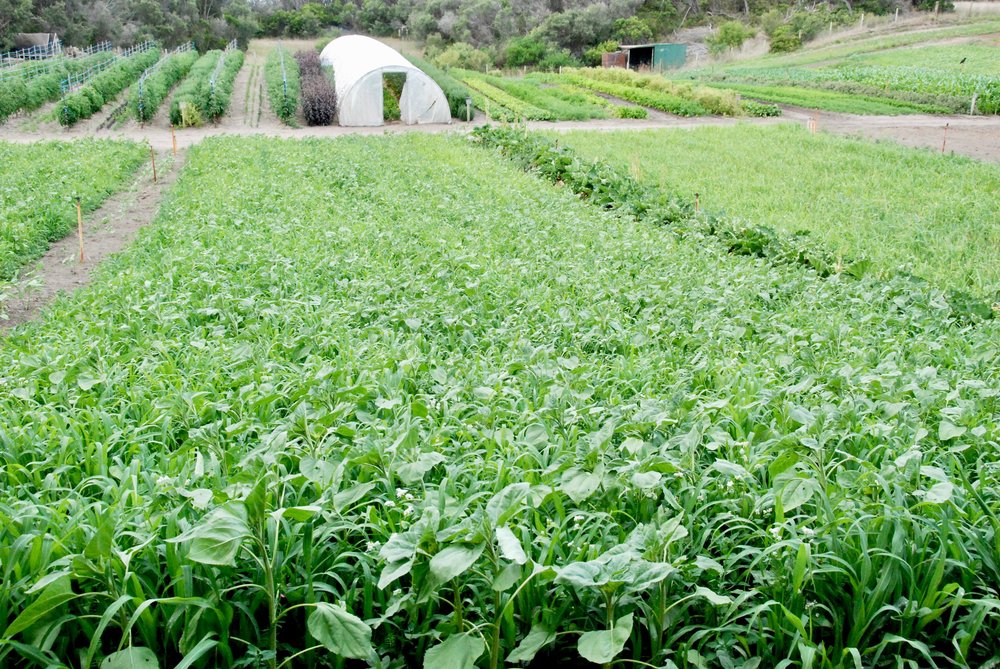
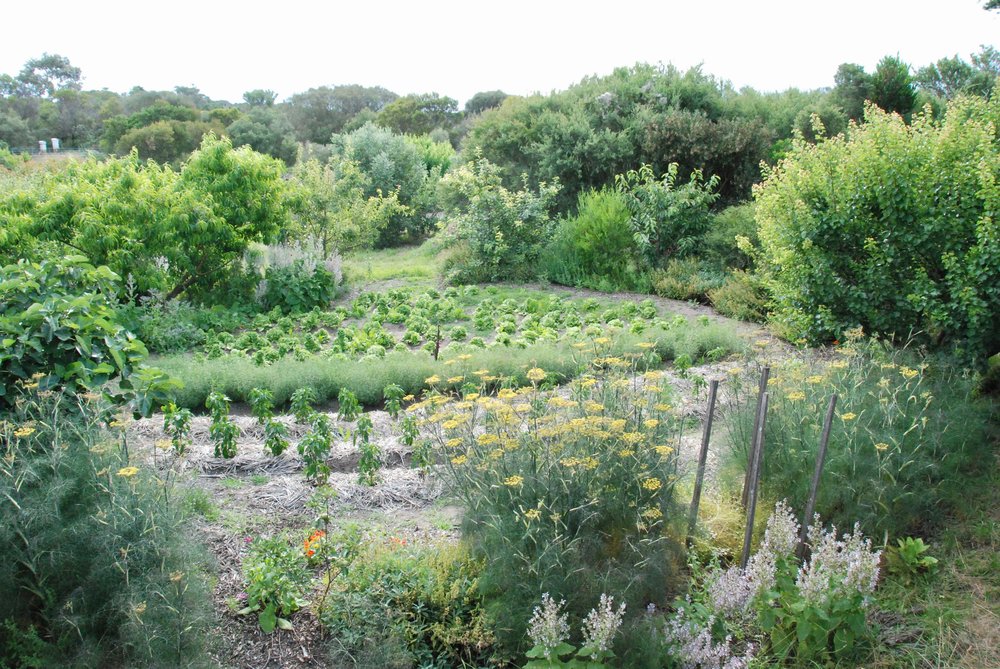
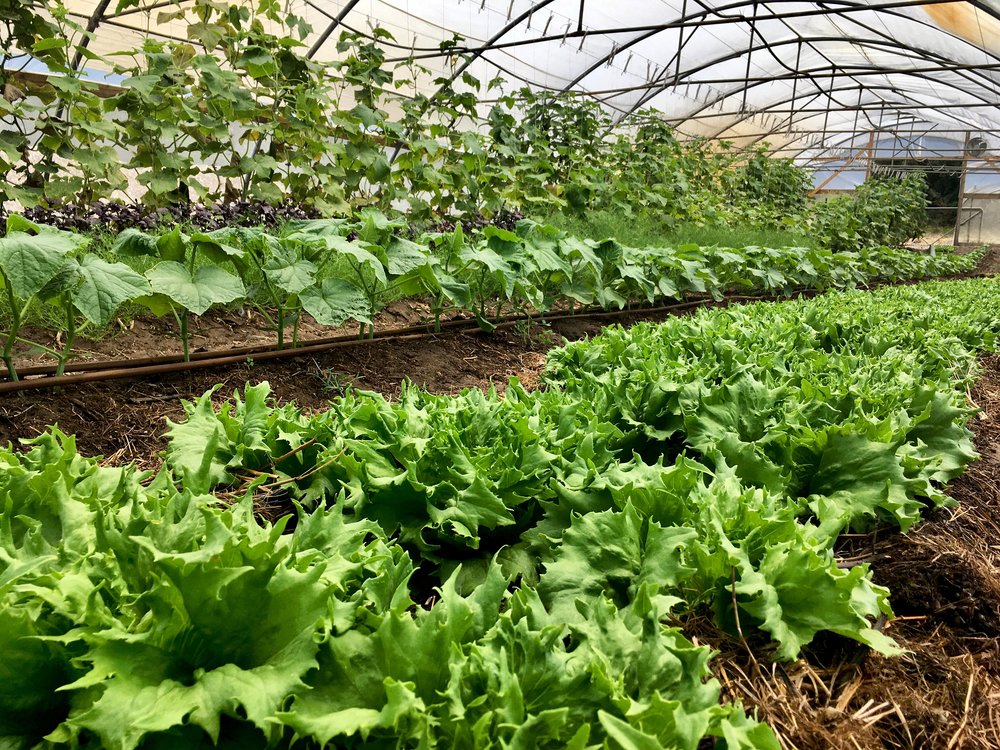
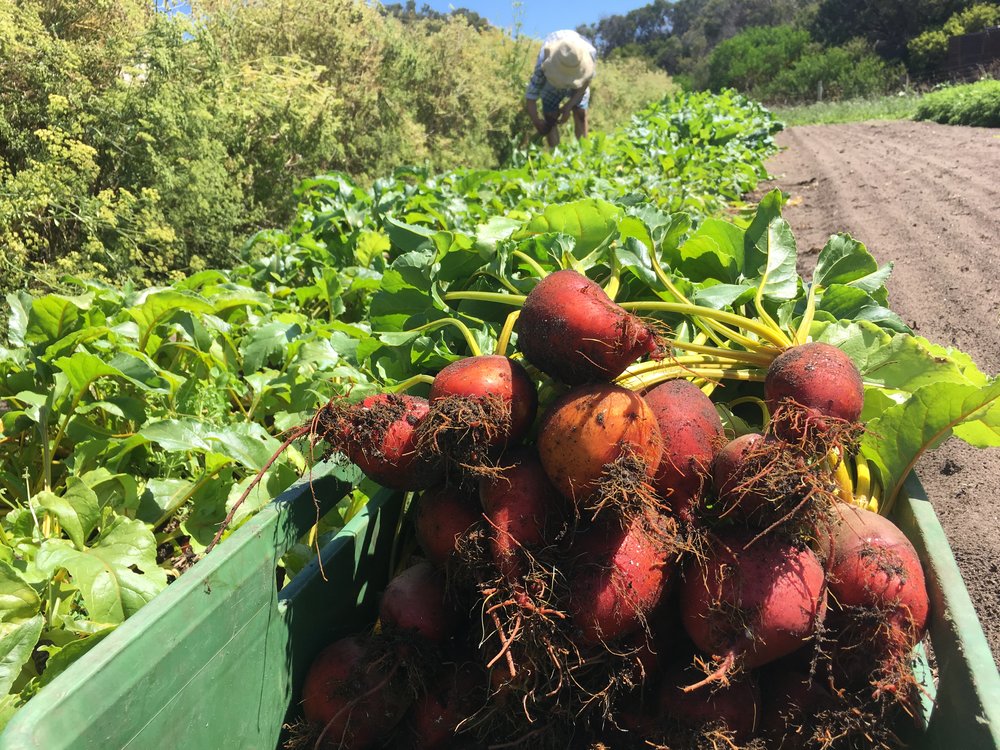
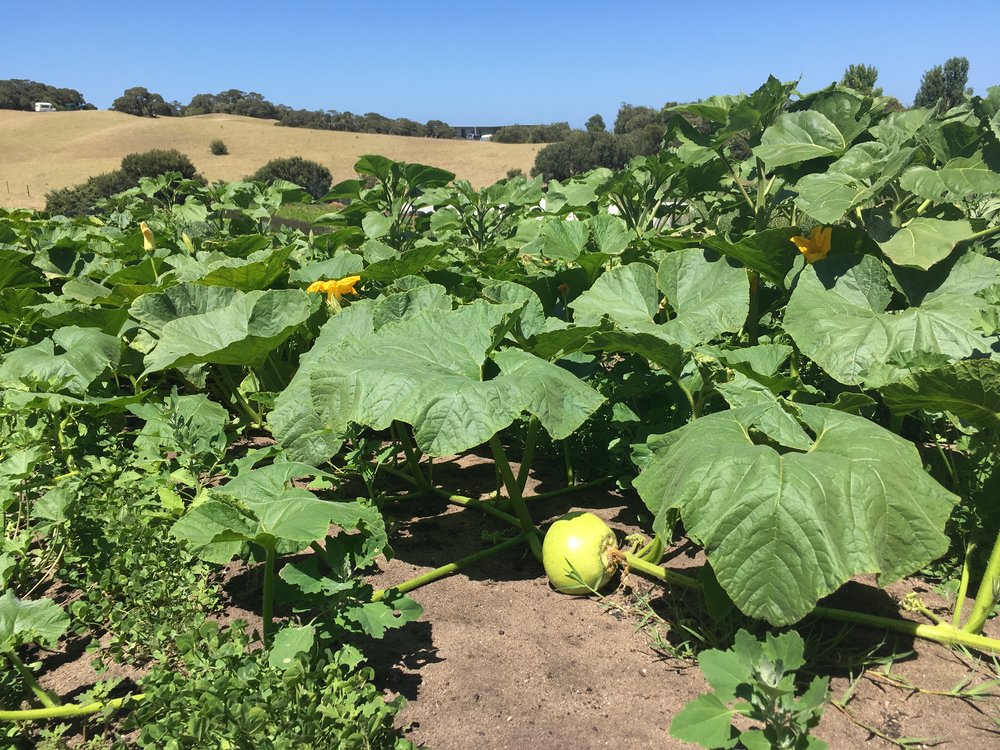
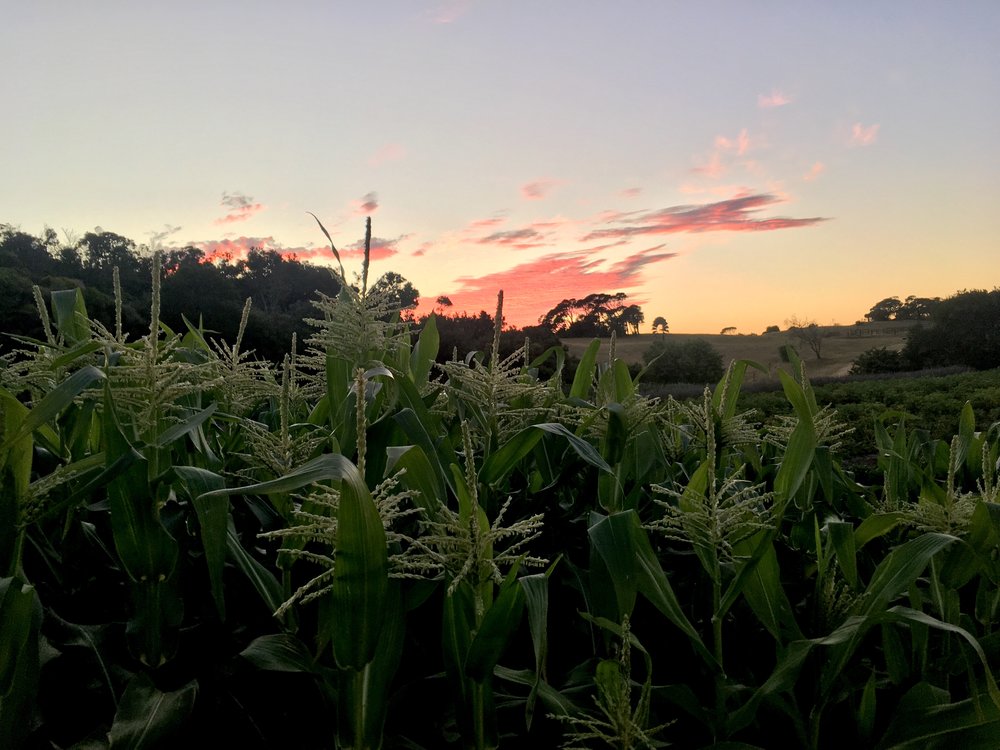
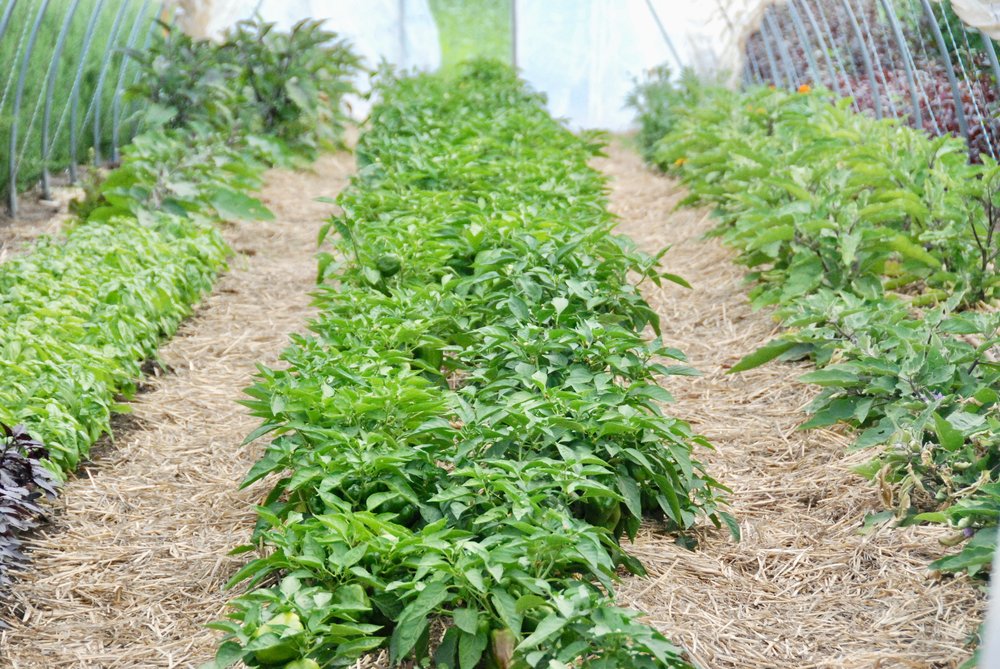
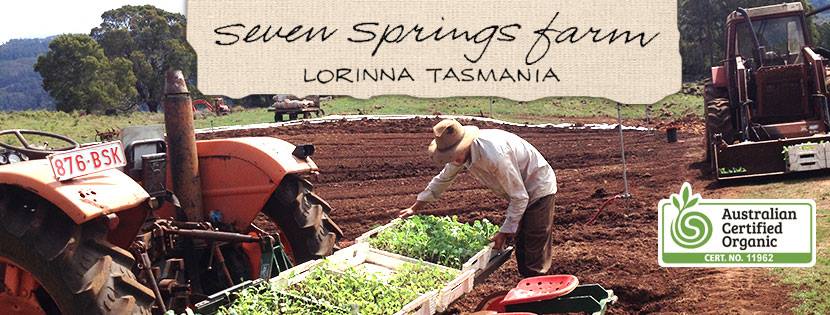
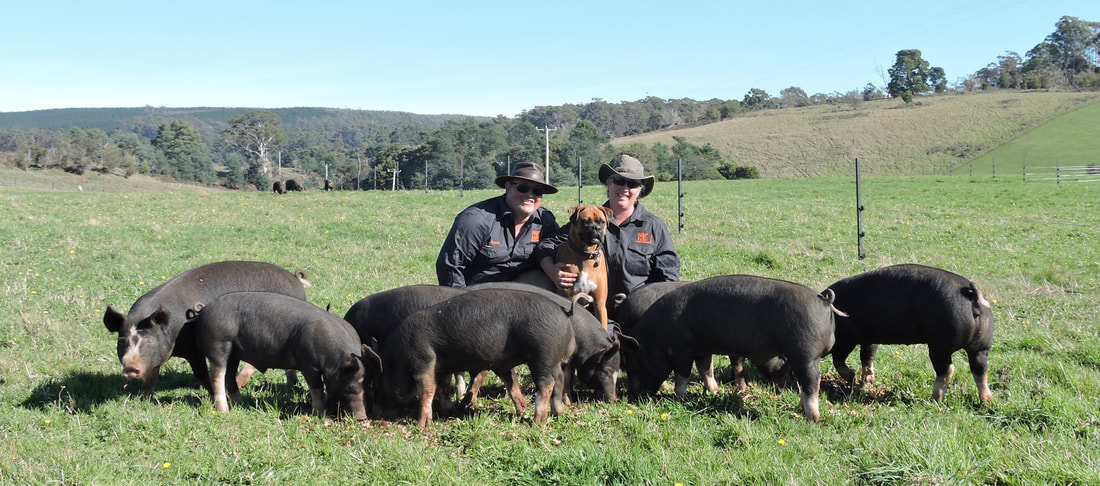
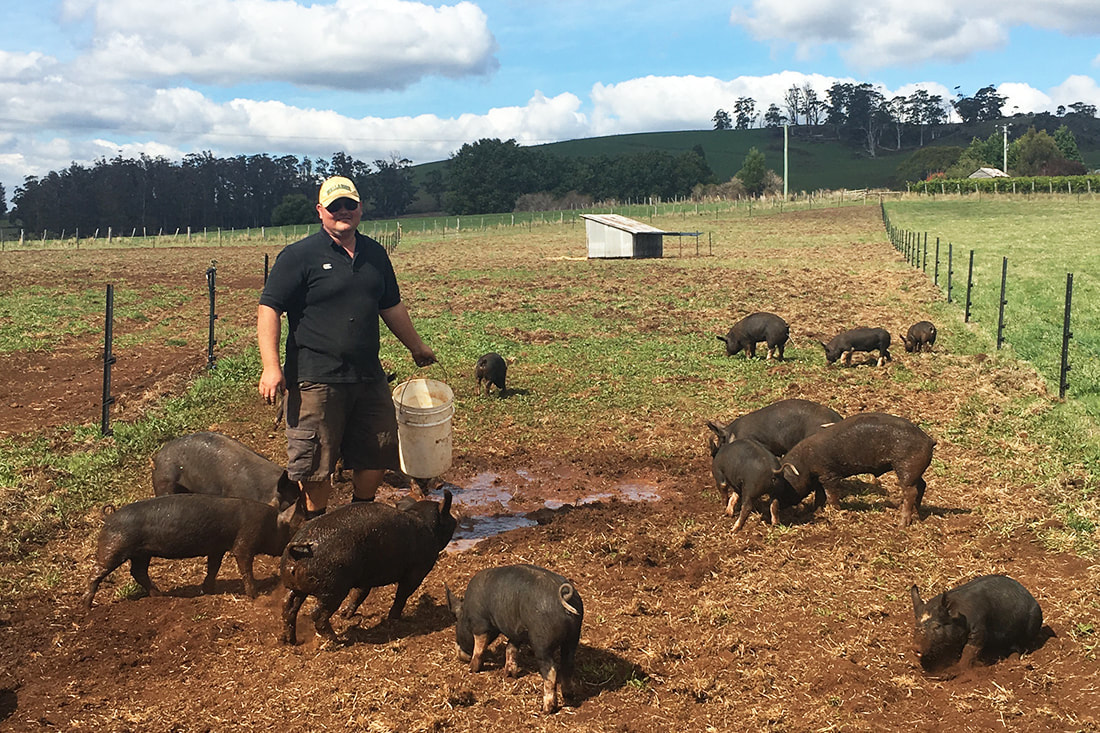
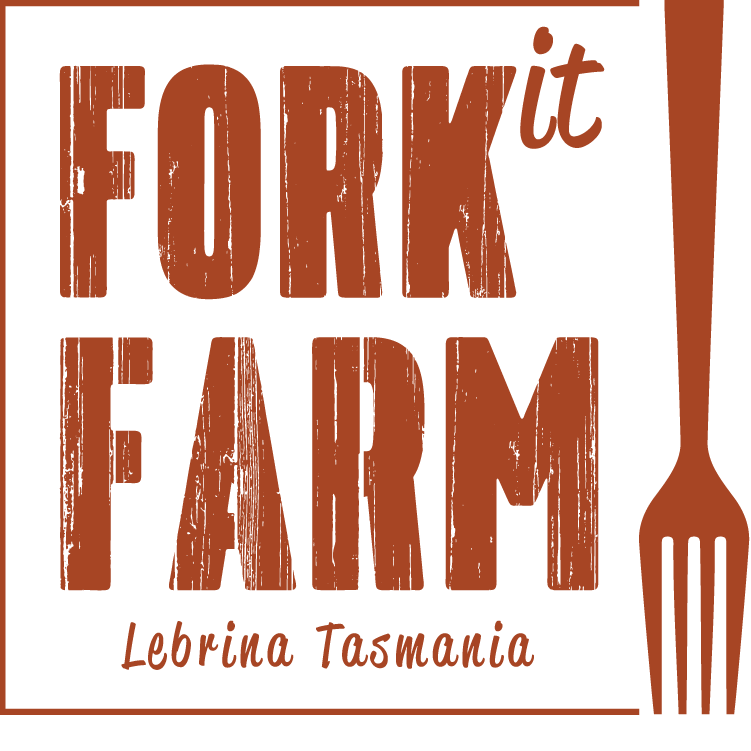
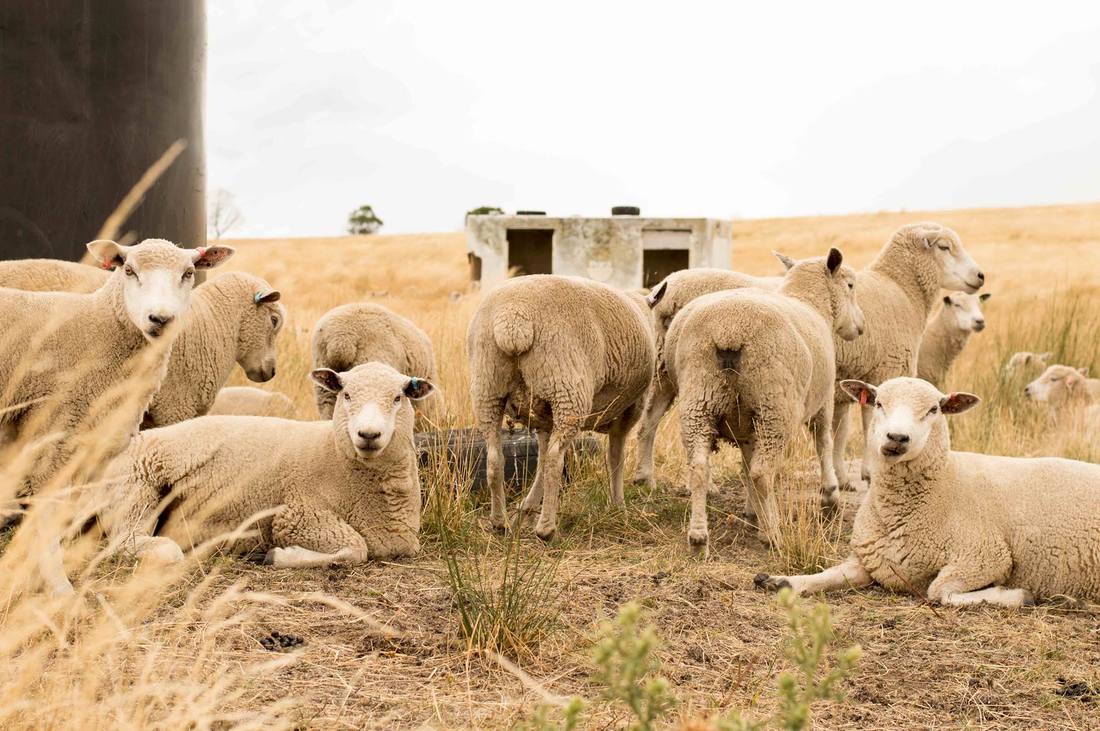
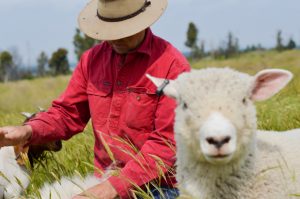
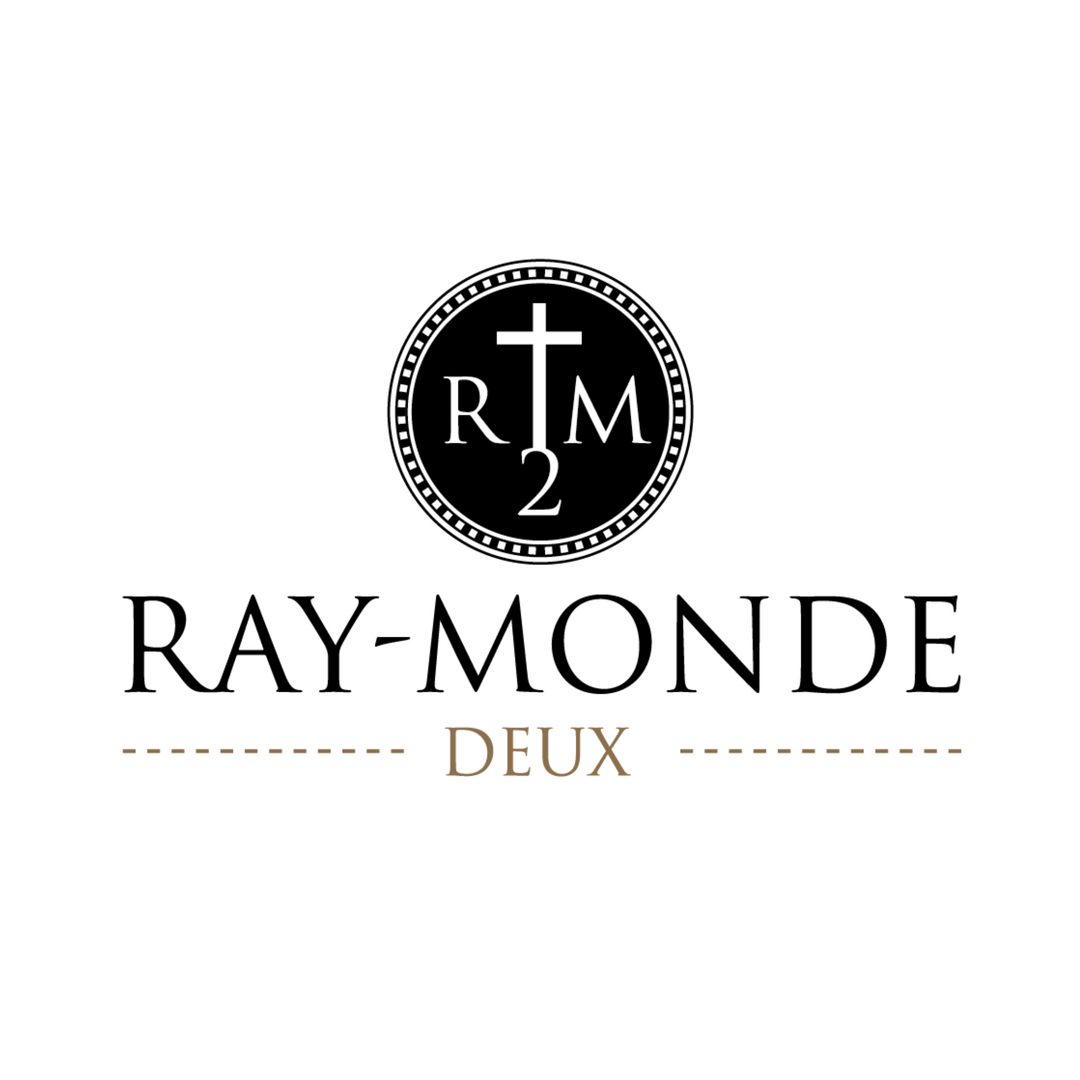
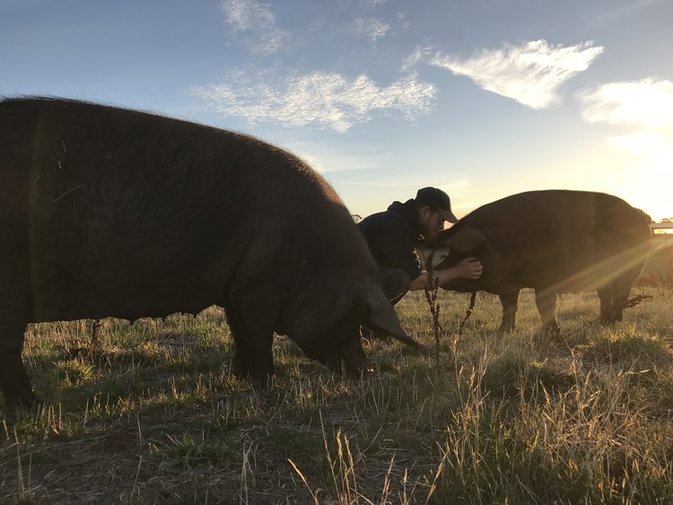
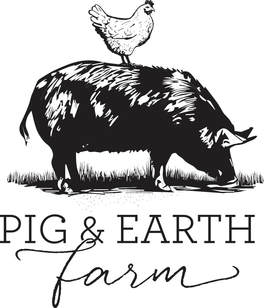






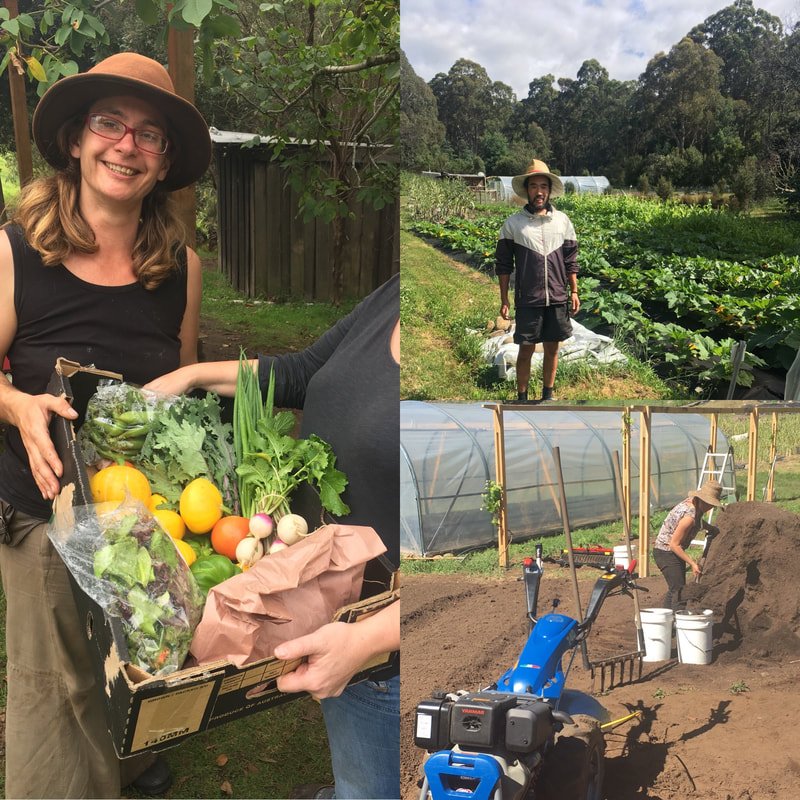
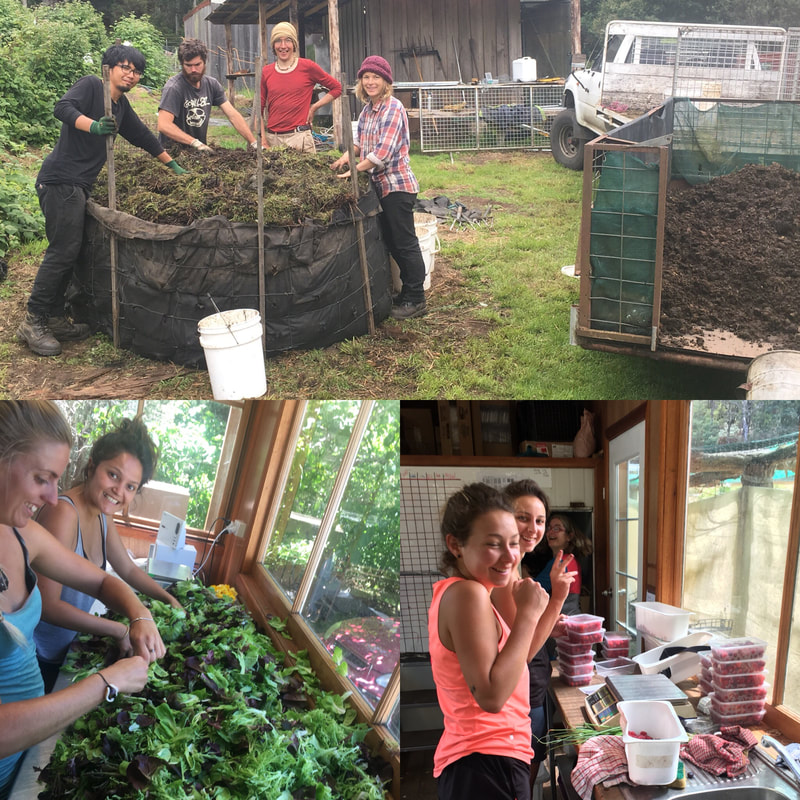
 RSS Feed
RSS Feed
